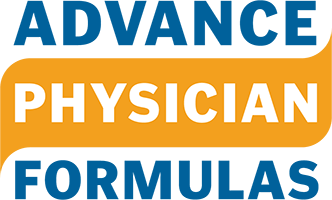 A few years ago my dad was found to have a high PSA test. He was 74 at the time. He underwent multiple visits to the doctor over the next few months with repeated PSA tests and prostate exams, and eventually a prostate biopsy indicated he had a small, localized, prostate cancer. I remember my dad calling me several times a month during that period constantly asking for my thoughts on whether he should proceed with surgery, radiation or other treatments for his cancer. My dad had a preexisting heart condition known as atrial fibrillation. I suggested he not undergo any treatment for the small cancer but just to follow the PSA levels. His doctor agreed with my opinion. His PSA level stayed relatively the same over the next few years and the prostate cancer did not grow larger. My dad died at 78 from a heart rhythm problem. Ever since the discovery of the high PSA level, he was constantly worried about this prostate gland. What good did it do to have this PSA test at his age? It only led to more doctor visits, a painful prostate gland biopsy, additional medical bills and insurance forms to fill out, and constant worry. Maybe the constant worry even made his heart weaker.
A few years ago my dad was found to have a high PSA test. He was 74 at the time. He underwent multiple visits to the doctor over the next few months with repeated PSA tests and prostate exams, and eventually a prostate biopsy indicated he had a small, localized, prostate cancer. I remember my dad calling me several times a month during that period constantly asking for my thoughts on whether he should proceed with surgery, radiation or other treatments for his cancer. My dad had a preexisting heart condition known as atrial fibrillation. I suggested he not undergo any treatment for the small cancer but just to follow the PSA levels. His doctor agreed with my opinion. His PSA level stayed relatively the same over the next few years and the prostate cancer did not grow larger. My dad died at 78 from a heart rhythm problem. Ever since the discovery of the high PSA level, he was constantly worried about this prostate gland. What good did it do to have this PSA test at his age? It only led to more doctor visits, a painful prostate gland biopsy, additional medical bills and insurance forms to fill out, and constant worry. Maybe the constant worry even made his heart weaker. Recently the U.S. Preventive Services Task Force advised that "The benefits of prostate cancer treatment based on routine PSA screening in men over age 75 are small to none. However, treatment often causes moderate-to-substantial harms, including erectile dysfunction and bladder control and bowel problems. Doctors should stop routine prostate cancer screening of men over age 75 because there is more evidence of harm than benefit."
A study has found that older men who already have early-stage prostate cancer are not taking a big risk by not treating it right away. The vast majority are alive 10 years later without significantly worsening symptoms, or die of other causes. See http://www.raysahelian.com/psa.html and also http://www.raysahelian.com/prostatecancer.html

